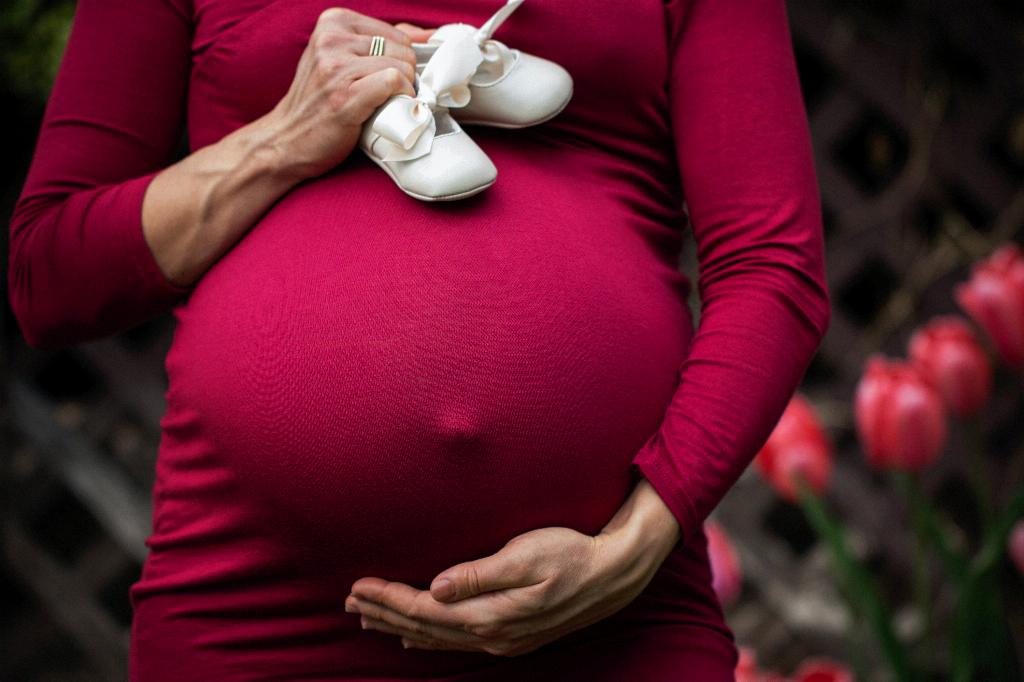During pregnancy, your body undergoes numerous changes, both internally and externally, to accommodate the growing fetus. One common question that many expecting mothers have is whether it is normal for their labia to get bigger during pregnancy. Let’s delve into this topic and understand the changes that occur in the vulva during this crucial period.
Understanding the Changes in Size
It is entirely normal for the labia to appear bigger during pregnancy. This change in size can be attributed to the increased blood flow in the body, which is essential for supporting the development of the fetus. As the volume of blood circulating in the body rises by approximately 50%, the labia majora, labia minora, and vagina may swell or protrude, leading to an apparent increase in size.
Physiological Reasons Behind the Enlargement
The enlargement of the labia during pregnancy is primarily a physiological response to the hormonal and vascular changes that occur in the body. The surge in hormone levels, such as estrogen and progesterone, plays a vital role in preparing the body for childbirth, leading to alterations in the size and appearance of the vulva.
Effects of Increased Blood Circulation
The increased blood circulation in the pelvic region during pregnancy not only contributes to the enlargement of the labia but also helps in nourishing the developing fetus. This enhanced blood flow is crucial for supplying oxygen and nutrients to the placenta, which supports the growth and well-being of the baby.
Common Concerns and Misconceptions
Some women may feel anxious or self-conscious about the changes in their body during pregnancy, including the enlargement of the labia. It is essential to remember that these transformations are a natural and temporary part of the reproductive process, and each woman’s experience may vary.
Consultation with Healthcare Providers
If you have any concerns about the changes in your body during pregnancy, including the size of your labia, do not hesitate to discuss them with your healthcare provider. They can offer guidance, reassurance, and medical advice to address any worries or discomfort you may be experiencing.
Coping Strategies and Self-Care
Engaging in self-care practices, such as wearing loose-fitting clothing, practicing good hygiene, and staying hydrated, can help alleviate any discomfort associated with the changes in your labia during pregnancy. It is vital to prioritize your well-being and listen to your body’s needs during this transformative time.
Embracing Your Changing Body
Pregnancy is a remarkable journey that brings about profound physical and emotional changes. Embracing your evolving body, including the changes in your labia, can foster a sense of acceptance and empowerment as you prepare to welcome your little one into the world.
Support and Understanding
It is crucial to surround yourself with a supportive network of loved ones who understand and respect the changes your body is undergoing during pregnancy. Open communication and seeking emotional support can help you navigate this transformative period with confidence and positivity.
Conclusion
In conclusion, the enlargement of the labia during pregnancy is a common and normal phenomenon that occurs as a result of the physiological changes taking place in the body. By staying informed, seeking guidance from healthcare providers, practicing self-care, and embracing your changing body, you can navigate this journey with grace and confidence. Remember, each woman’s experience is unique, and it is essential to prioritize your well-being and celebrate the miraculous journey of motherhood.

